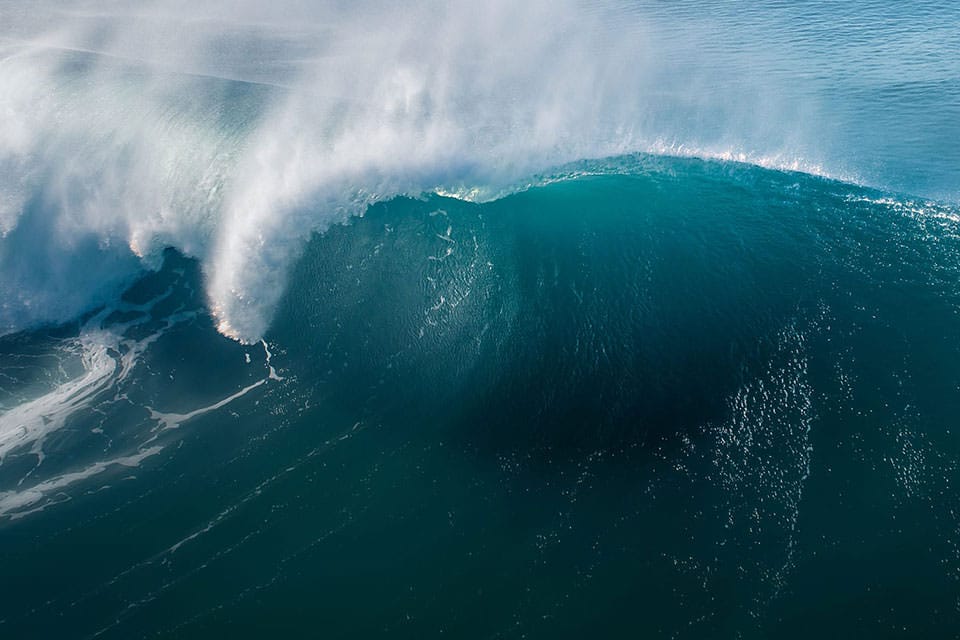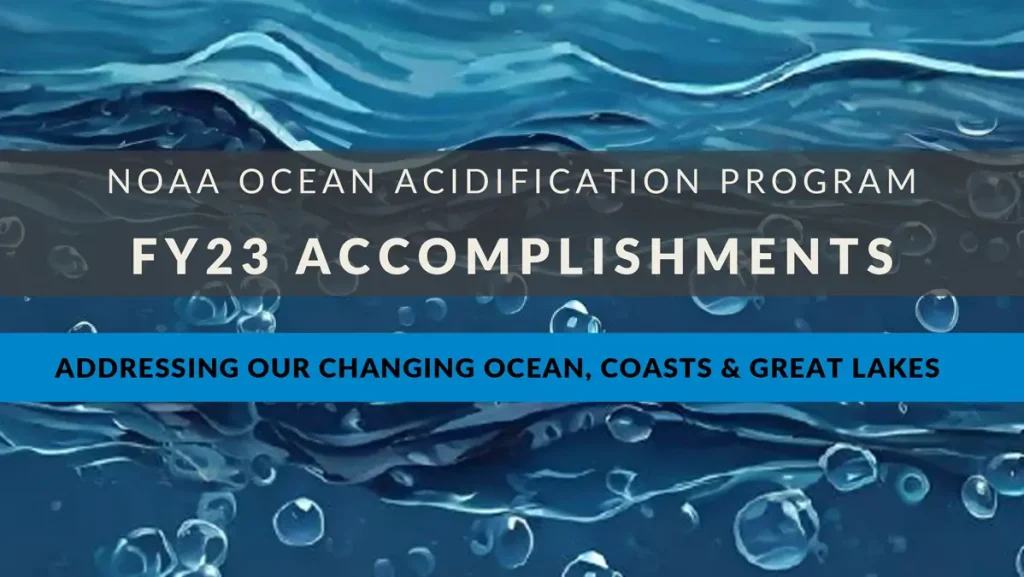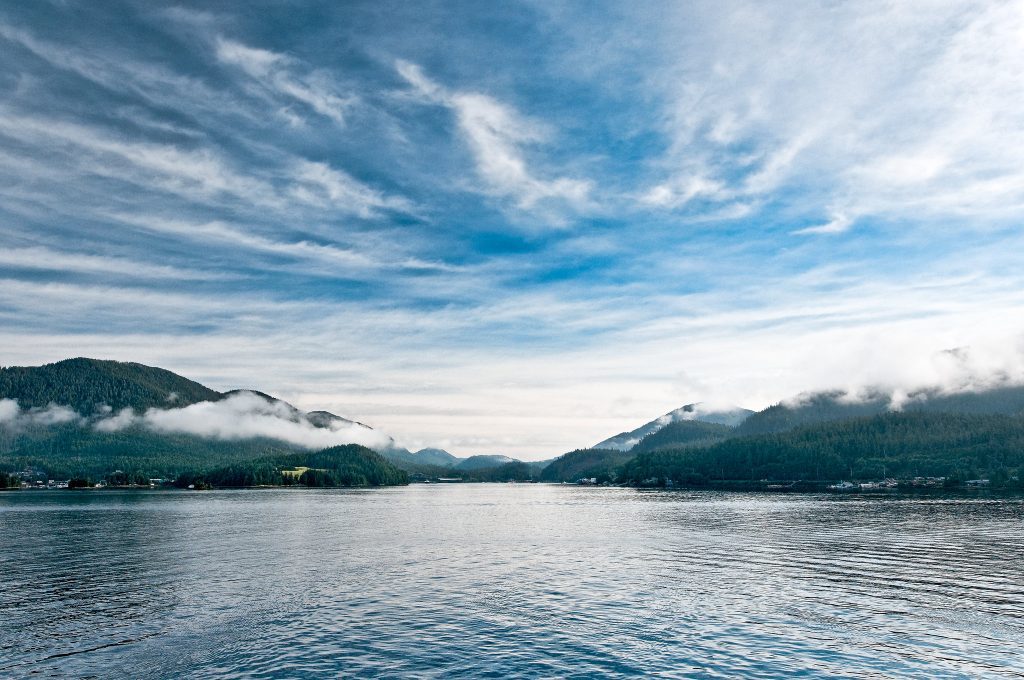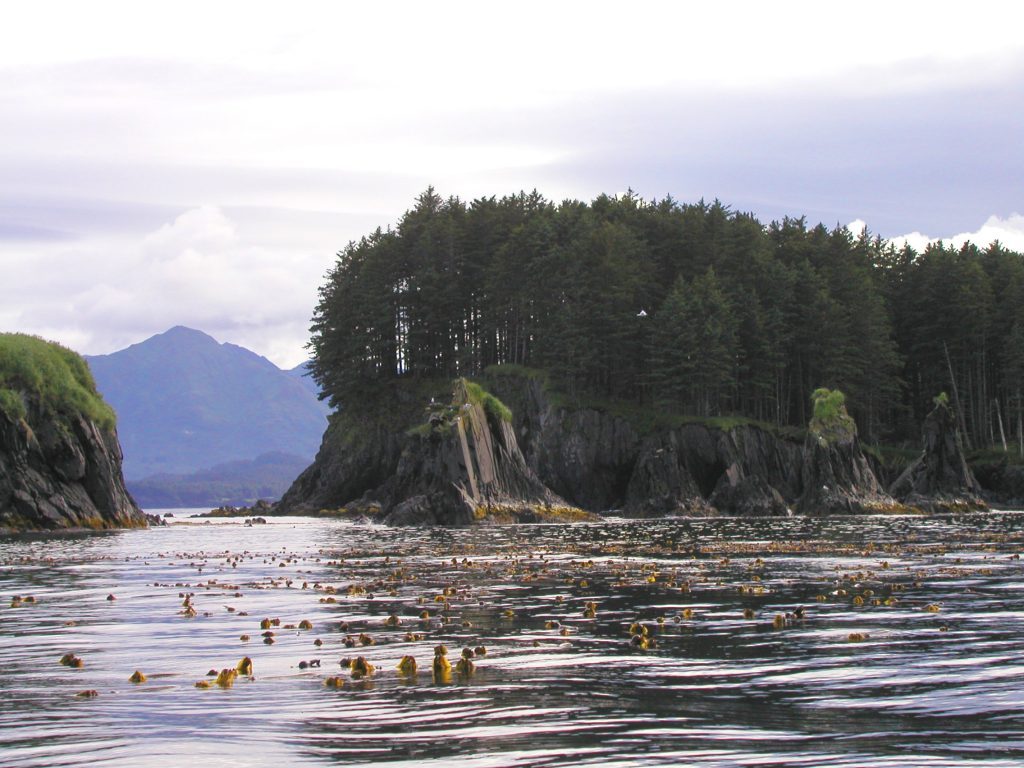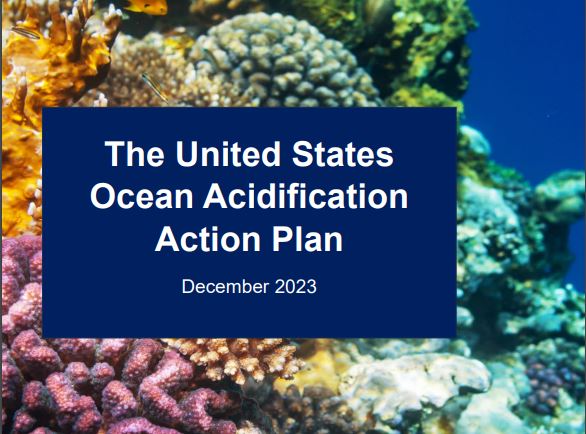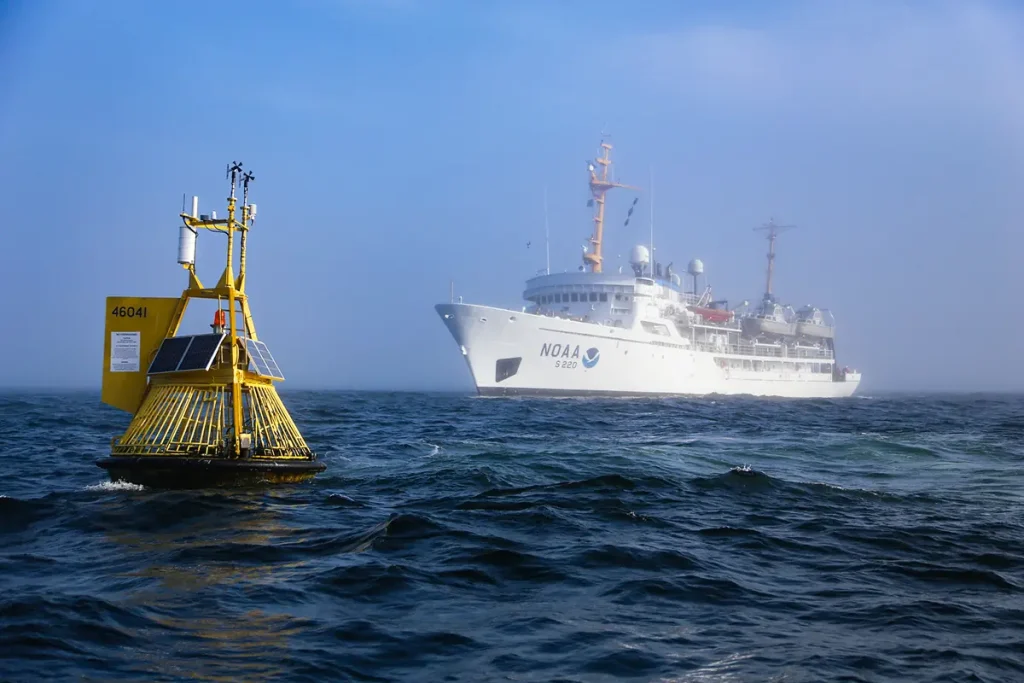Fish or not fish—fisheries participation and harvest diversification under economic and ecological change
Fish harvesters respond to economic, regulatory, and environmental changes within complex and often highly uncertain decision-making processes. Analyzing and quantifying human decisions can improve our understanding and sustainable management of marine systems. Wild fish harvesters face high income volatility linked to natural variability in fish abundance, changing ocean environments, and world market dynamics. Past research […]
